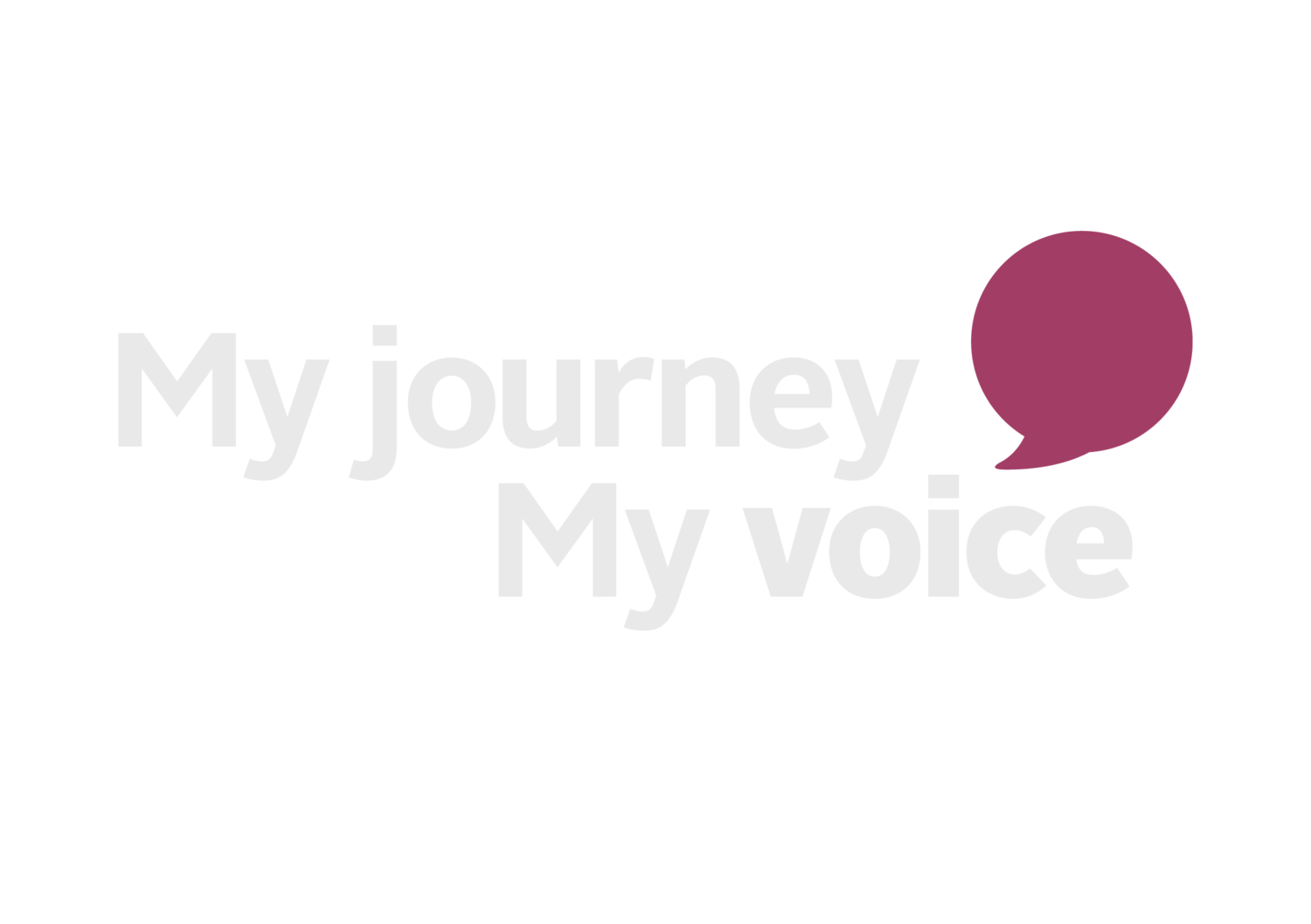Margaret has aphasia, (sometimes also called dysphasia) which is an acquired language disorder resulting from neurological damage, caused by her stroke. It affects Margaret’s ability to talk, to understand spoken and written language and to write. It is a life-long, life-changing condition which affects both Margaret and those close to her. Margaret has difficulties processing and understanding verbal and written information, and can struggle with spelling and finding sounds and words.
“It has been so traumatic from day one of having my stroke. Before it was so special in that everything, everyday was easy overall, then straight after the stroke we had a period of everyday was blank. The SLT showed me a picture of a cat and I said “Dog” and I though “Terrible!” It was so traumatic. I thought “A couple of weeks and it would be ok” and then I went to Musgrave and it wasn’t going so well. It was going so slowly, then one step at a time I started getting better. Now living with aphasia, life can be complicated. When you find you are living with a problem it can be fine some days and other days it is not. You need a family member to speak to, I can speak to my husband but not a stranger, it is challenging to use the phone, challenging to read letters, make appointments. Every day there are barriers, six months ago it was awful but today it is tolerable, I have adjusted and improved. My husband listens which helps. A person who listens, supports and has empathy with you is life-changing. I am a Nursing Sister and I am finding it useful being in this position as a patient who is aphasic and I can see the benefits of SLT in my journey of recovery”.
Margaret
